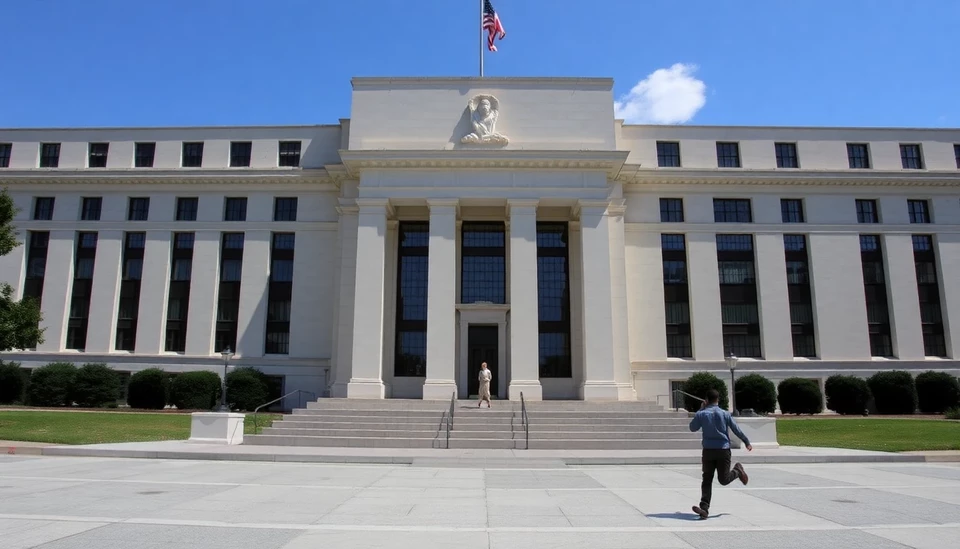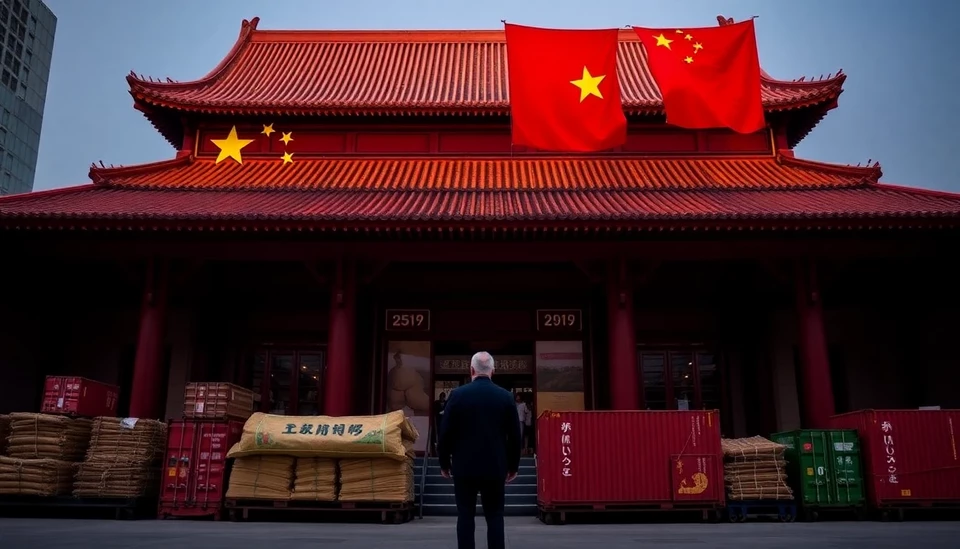
In a recent episode of the Odd Lots podcast, the hosts explored a significant and controversial development known as the Mar-a-Largo Accord. This agreement, stemming from a blend of political and socio-economic factors, has captured widespread attention and sparked debates among experts and the public alike.
The Mar-a-Largo Accord was conceived in the backdrop of shifting political landscapes and economic pressures facing the nation. It was brought to the forefront following a series of meetings held at the Mar-a-Lago estate, owned by a prominent political figure. These discussions involved key stakeholders from various sectors, including government officials, business leaders, and community representatives, all aiming to address pressing issues affecting their constituencies.
One of the central tenets of the Mar-a-Largo Accord is its focus on regional economic revitalization. The agreement proposes a comprehensive strategy intended to stimulate job growth, enhance infrastructure, and promote innovative business practices. Proponents argue that such measures will not only benefit the local economy but also serve as a blueprint that can be emulated in other regions facing similar challenges.
However, the Accord has not been without its critics. Detractors question the efficacy and motives behind the agreement, suggesting that it primarily serves the interests of specific political elites rather than the broader community. Concerns over transparency have surfaced, with calls for more inclusive dialogue and accountability mechanisms to ensure that the needs of diverse populations are adequately represented.
Listeners of the podcast were presented with various perspectives, encompassing both optimistic views and skepticism surrounding the Accord. Some experts emphasized the potential for meaningful change, while others highlighted the risks of political maneuvering overshadowing genuine progress. The discussion underscores a growing divide in public opinion regarding the intended outcomes of such agreements and the trustworthiness of those in power.
As the Mar-a-Largo Accord continues to unfold, it is evident that the implications of this agreement extend beyond local boundaries, potentially influencing national policies and political dynamics. The podcast provides a vital platform for ongoing discourse, ensuring that the conversation surrounding the Accord remains alive and that the stakeholders remain vigilant in monitoring its developments.
In conclusion, the Mar-a-Largo Accord stands at the intersection of local interests and national repercussions, prompting a critical examination of how such agreements are shaped and who ultimately benefits from them. The various perspectives shared in the Odd Lots podcast serve to enrich the dialogue, forcing both policymakers and citizens to engage with the complexities of contemporary governance.
As we follow the story, the unfolding narratives promise to be as pivotal as the Accord itself, raising questions not only about its immediate impact but also about its long-term implications for governance, economic strategy, and public trust.
<#>MarALagoAccord #PoliticalAgreement #EconomicRevitalization #LocalBusiness #PublicPolicy #Transparency #TrustInGovernment #PodcastDiscussion
Author: Daniel Foster




